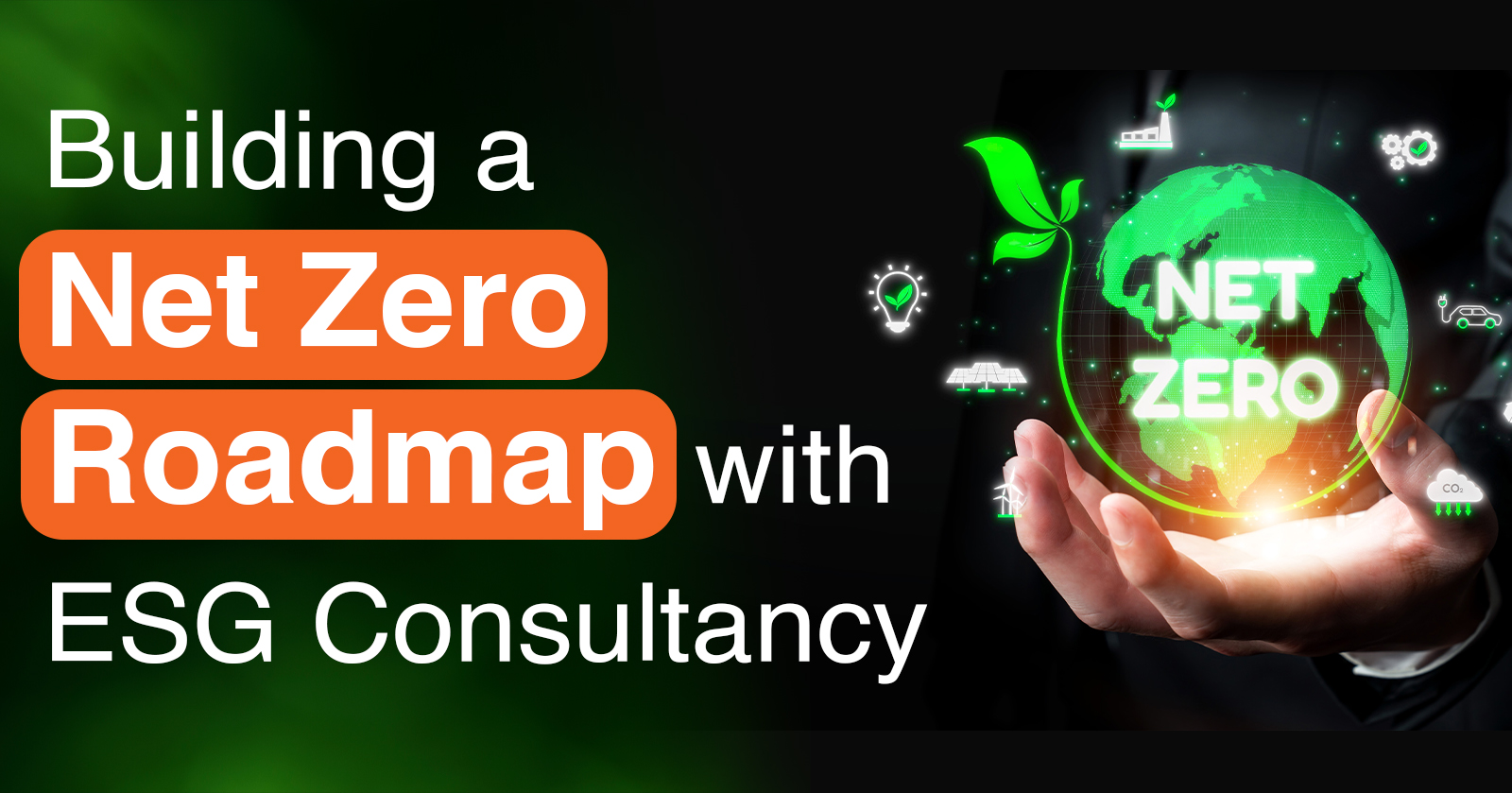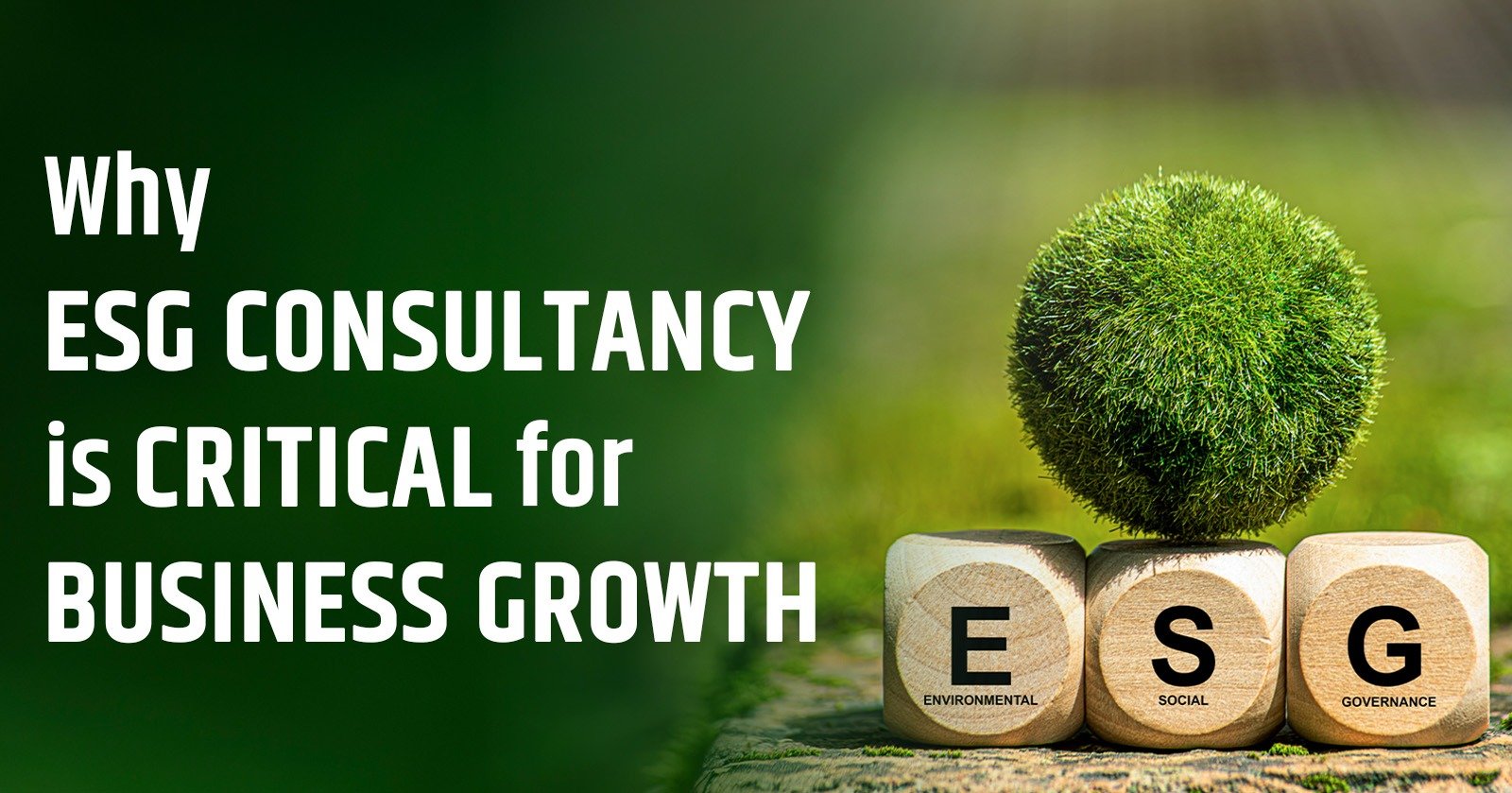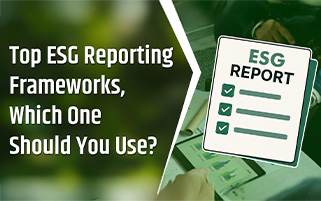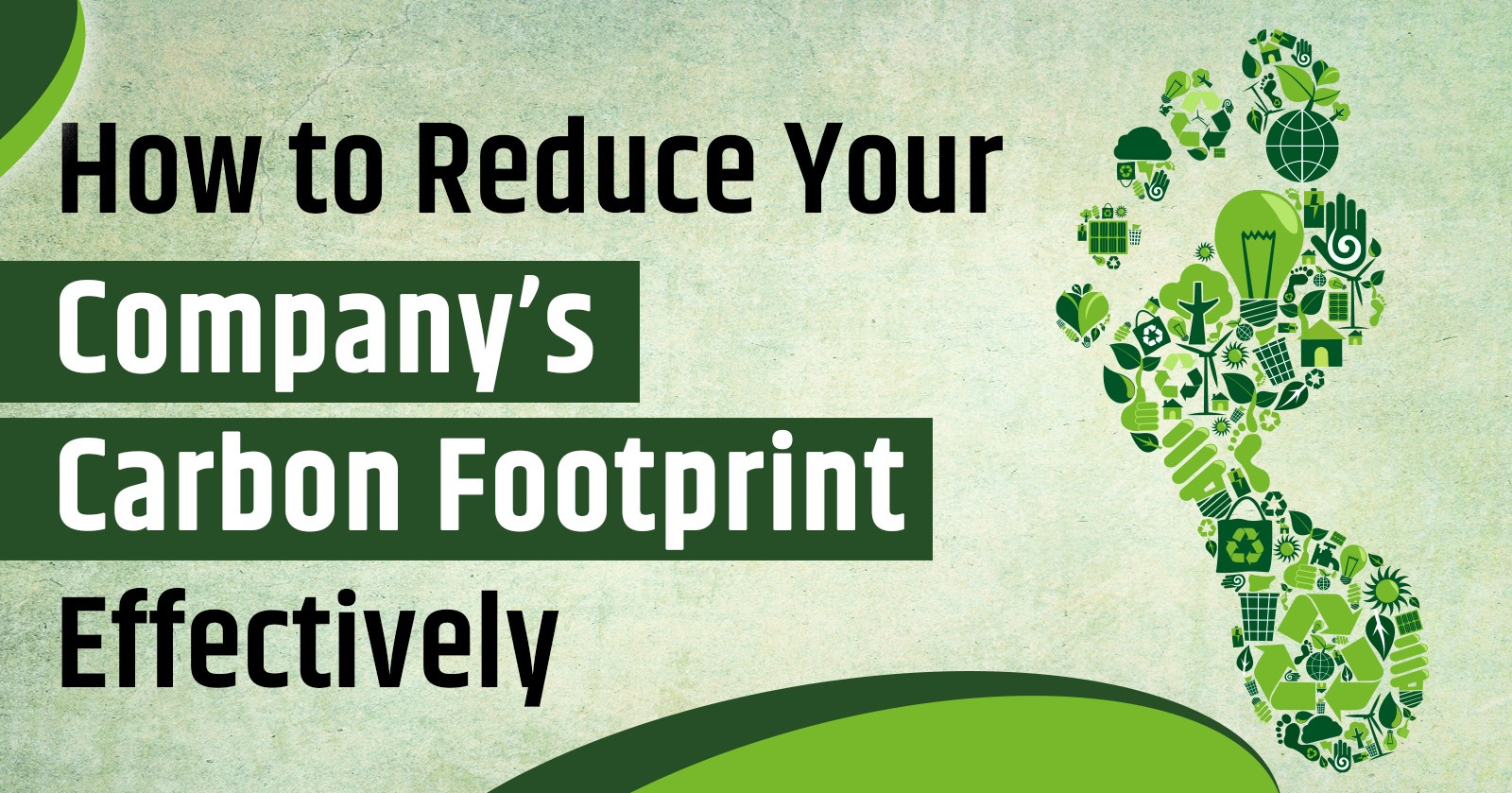Building a Net Zero Roadmap with ESG Consultancy

When the world is moving forward towards carbon neutrality, almost every organisation is setting targets to achieve Net Zero, since it has become a necessity to get an actionable and achievable Net Zero Roadmap plan.
Many factors depend on an ESG Report, the investors’ trust, and regulatory Compliance. Now here comes the role of a strong ESG strategy & expert decarbonisation consulting.
A practical net-zero roadmap gives businesses a measure, manage, and minimise their carbon footprint, while aligning with long-term sustainability goals.
Through data-driven insights, climate risk assessment, and science-based targets, ESG consultancy makes companies capable of turning commitments into measurable results.
By combining ESG strategy with smart decarbonisation consulting, organisations can make their procedure fast so their journey to carbon neutrality and lead the transition to a low-carbon economy.
What is Net Zero Strategy?
A net-zero strategy is a plan that allows the organisations to balance out their greenhouse gas emissions with removal efforts, ultimately achieving carbon neutrality across operations & supply chains.
A well-detailed net zero roadmap follows a phased approach, starting with baseline assessment, emission reduction, carbon offsetting, & independent verification. Analysing the ESG strategy ensures that the energy efficiency, waste reduction, & stakeholder engagement remain at the core of this ESG Journey
Now, businesses increasingly depend on expert decarbonisation consulting to align their net-zero roadmap with science-based targets, ensuring measurable, credible progress toward long-term sustainability & global climate goals.
Role of ESG Consultancy in Climate Action
- ESG consultancy helps organisations transform sustainability goals into measurable, result-driven climate actions.
- Consultants strategise a practical net-zero roadmap according to the global standards, ensuring realistic and achievable targets.
- The consultants are required to conduct a climate risk assessment, identify emission hotspots, and embed sustainability practices within core business operations.
- A carefully designed ESG strategy ensures regulatory compliance, motivates investors with confidence, and enhances environmental performance.
- Through decarbonization consulting, businesses gain access to emission modelling, data analytics, and science-based reduction plans.
- They monitor progress and achieve credible carbon neutrality.
Carbon Accounting & Reduction Planning
Creating a net-zero roadmap involves measuring and mapping all greenhouse gas emissions through carbon accounting. This covers:
1) Scope (direct emissions from company operations),
2) Scope (indirect emissions from purchased electricity or energy), and
3) Scope (other indirect emissions from suppliers, transport, and product use).
An ESG consultancy helps companies find where most emissions come from and set practical reduction goals. With support from decarbonization consulting, businesses can adopt clean energy, improve processes, and carry out energy audits. Aligning these actions with a clear ESG strategy ensures steady progress toward carbon neutrality and long-term sustainability.
How to Create Your Net Zero Timeline?
The organisations should start setting a clear and realistic timeline is an important step in any net-zero roadmap. It helps track progress, maintain accountability, and ensure that every step toward carbon neutrality is measurable and achievable.
ESG consultants guide companies in planning short-term, medium-term, and long-term actions, starting from immediate efficiency improvements to long-term investments in clean technology. With the help of decarbonization consulting, businesses can create practical transition pathways that fit their budgets and operations.
Linking this timeline with the company’s ESG strategy, internal reporting, and external sustainability disclosures ensures transparency and fast progress toward a genuinely sustainable future.
What is Measuring & Reporting Carbon Progress?
Monitoring and transparent reporting are essential parts of a credible net-zero roadmap. They show how much progress a company has made toward carbon neutrality and help build trust with investors and regulators.
By using global ESG frameworks like GRI, CDP, and TCFD, companies can share clear and consistent reports about their emission cuts and climate actions.
Takeaway
An effective net zero roadmap, supported by expert ESG consultancy and decarbonization consulting, helps companies achieve carbon neutrality. It provides a clear path to measure, reduce, and manage carbon emissions while sustainability with business growth goes hand in hand.
Integrating a long-term ESG strategy ensures that climate action becomes part of the company’s core approach, not just a regulatory requirement. Regular monitoring, improvement, and responsible practices make the journey effective and credible.




